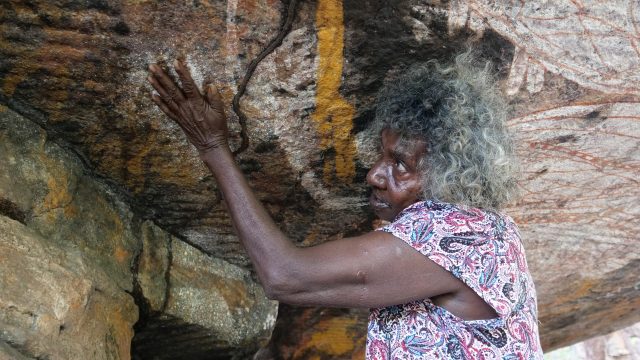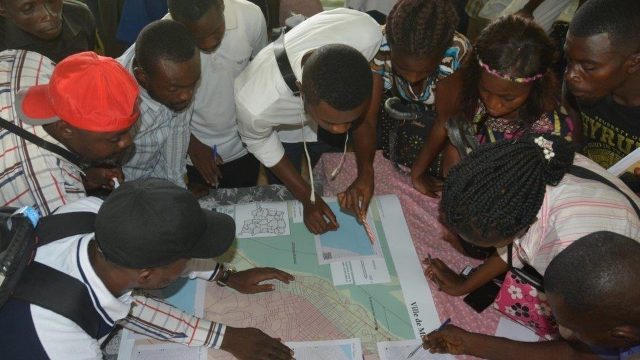
Why scientific knowledge needs to be decolonised
By Alemu Tesfaye. Originally published on the Integration and Implementation Insights blog.
Is science inherently objective and immune to the influences of coloniality?
Here, I explore the role coloniality plays in scientific knowledge production, as well as intersubjectivity and scientific consensus. Finally, I suggest some strategies for decolonizing scientific knowledge.
Coloniality in knowledge production
Coloniality refers to the enduring patterns of power, control, and domination established during colonialism that persist in contemporary institutions. In knowledge production, this manifests as epistemic dominance, where Western ways of knowing are privileged over non-Western epistemologies. Despite the common belief among scientists that scientific knowledge is inherently objective and intersubjective, there are several critical issues that need to be addressed:
- Social Construction of Science: Scientific knowledge is influenced by social, cultural, and historical contexts. Sandra Harding (2016) in “Whose Science? Whose Knowledge?” argues that scientific practices and epistemologies are embedded in specific social orders, which can carry colonial biases and power structures.
- Eurocentrism in Science: Modern science often operates within a Eurocentric framework, marginalizing other forms of knowledge. Aníbal Quijano (2000) discusses the “coloniality of power,” highlighting how Western scientific paradigms are imposed as universal, devaluing Indigenous knowledge systems.
- Epistemic Injustice: Miranda Fricker (2007) introduced the concept of “epistemic injustice,” where certain groups are unfairly excluded from knowledge production. This exclusion often occurs in scientific communities that reflect and reinforce Western epistemologies, colonizing the process of scientific knowledge production.
- Decolonial Science: Arturo Escobar (2007) in “Worlds and Knowledges Otherwise” advocates for a decolonial approach to science that incorporates diverse epistemologies. This challenges the purported objectivity and universality of Western science, emphasizing the need to decolonize scientific practices to include marginalized voices.
Intersubjectivity and scientific consensus
Intersubjectivity in science refers to the shared understanding and agreement among scientists about certain knowledge claims. This consensus is often shaped by prevailing cultural and intellectual traditions, which can lead to the marginalization of alternative scientific paradigms.
Thomas Kuhn’s (1962) concept of “paradigm shifts” in “The Structure of Scientific Revolutions” illustrates how scientific consensus is not static but can be disrupted by new ideas that challenge the established norms. These paradigm shifts highlight the dynamic nature of scientific progress, where initially marginalized or revolutionary ideas gradually gain acceptance and reshape scientific understanding. Recognizing this dynamic nature of scientific knowledge emphasizes the importance of being open to diverse perspectives and alternative paradigms, as they can lead to significant advances and a more comprehensive understanding of the world.
Strategies for decolonizing scientific knowledge
Decolonizing scientific knowledge involves:
- Inclusion of Indigenous Epistemologies: Recognizing and valuing Indigenous knowledge systems, such as environmental knowledge for sustainable practices (Berkes, 2012).
- Participatory Research Methods: Involving local communities as active participants ensures inclusive knowledge production (Smith, 1999).
- Critical Reflexivity: Encouraging scientists to reflect on their positionality and biases helps address colonial legacies in scientific practices (Haraway, 1988).
Conclusion
The assertion by many that scientific knowledge is difficult to colonize is problematic when viewed through the lens of coloniality and decolonial theories. Scientific knowledge is not immune to colonial influences; rather, it has often been a tool for perpetuating colonial power dynamics.
Decolonizing science requires acknowledging these influences and creating more inclusive, equitable, and contextually relevant knowledge systems, leading to a pluralistic and just scientific practice that values diverse ways of knowing.
How do you perceive the impact of colonial influences on scientific research in your field? Can you share specific instances where you observed such influences affecting the objectivity or inclusivity of scientific knowledge production? What approaches have you implemented or witnessed that effectively integrate diverse epistemologies in scientific research? Are there particular methodologies or collaborative practices that have enhanced the inclusivity and equity of knowledge production in your experience?
References:
Berkes, F. (2012). Sacred Ecology (3rd ed.). Routledge: New York, United States of America.
Escobar, A. (2007). Worlds and Knowledges Otherwise. Cultural Studies, 21, 2-3: 179-210.
Fricker, M. (2007). Epistemic Injustice: Power and the Ethics of Knowing. Oxford University Press: Oxford, United Kingdom.
Harding, S. (2016). Whose Science? Whose Knowledge?: Thinking from Women’s Lives. Cornell University Press: New York, United States of America.
Haraway, D. (1988). Situated Knowledges: The Science Question in Feminism and the Privilege of Partial Perspective. Feminist Studies, 14, 3: 575-599.
Kuhn, T. S. (1962). The Structure of Scientific Revolutions. University of Chicago Press: Chicago, United States of America.
Quijano, A. (2000). Coloniality of Power, Eurocentrism, and Latin America. Nepantla: Views from South, 1, 3: 533-580 .
Smith, L. T. (1999). Decolonizing Methodologies: Research and Indigenous Peoples. Zed Books: London, United Kingdom.
Use of Generative Artificial Intelligence (AI) Statement: Generative AI assisted in identifying relevant literature and summarizing seminal works by scholars such as Sandra Harding, Aníbal Quijano, Miranda Fricker, Arturo Escobar, and Thomas Kuhn. The AI also provided suggestions for refining language, and ensuring overall readability, while adhering to ethical guidelines to maintain the integrity and academic rigor of the content. (For i2Insights policy on generative AI please see https://i2insights.org/contributing-to-i2insights/guidelines-for-authors/#artificial-intelligence.)
Biography:
 |
Alemu Tesfaye MBA is Regional Programs Manager (Research, Communication, Knowledge Management and ICT (Information and Communications Technology)) at the Organization for Social Science Research in Eastern and Southern Africa (OSSREA), in Addis Ababa, Ethiopia. His interests include communication, knowledge management and translation, and community engagement. |
Article source: Why scientific knowledge needs to be decolonised. Republished by permission.
Header image source: Created by Bruce Boyes with Perchance AI Photo Generator.






